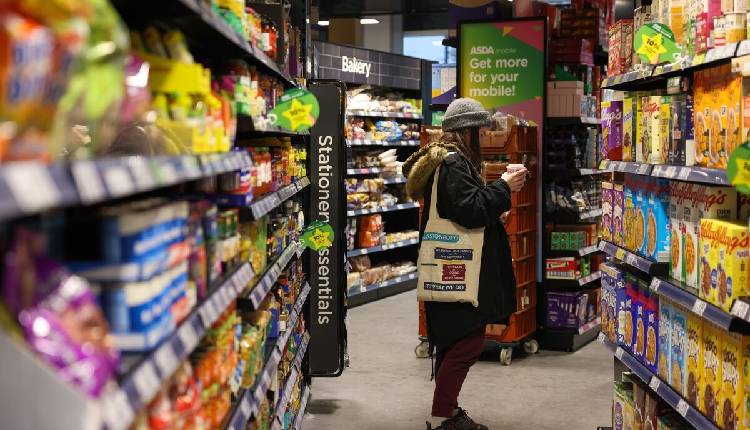Prices in British shops experienced their slowest rise in almost three years last month, according to figures from the British Retail Consortium (BRC) released on Tuesday, reflecting a cooling of inflation.
The annual shop price inflation slowed to 0.2 per cent in June, down from 0.6 per cent in May, marking the smallest increase since October 2021.
Non-food goods saw a price decrease of 1.0 per cent year-on-year, an improvement from the 0.8 per cent drop in May, driven by promotional discounts on items like TV sets in conjunction with the Euro 2024 soccer tournament. Food inflation also eased for the 14th consecutive month, dropping to 2.5 per cent from 3.2 per cent.
Mike Watson, head of retailer and business insight at NielsenIQ, noted that the deceleration in price increases would assist consumers in planning their household budgets, especially for essential goods and services. He added that ongoing competition in the marketplace is likely to keep price hikes minimal through the summer.
Despite the decline in headline inflation, which reached over 11 per cent in 2022 and returned to the Bank of England’s (BoE) 2 per cent target in May, Prime Minister Rishi Sunak is not expected to gain much electoral benefit in this week’s national election, where polls indicate a potential heavy loss for his Conservative Party to the opposition Labour Party.
The BoE is currently evaluating whether the reduction in price pressures is sufficient to warrant an interest rate cut, the first since 2020. However, with service sector inflation hovering near 6 per cent, the timing of any rate cut remains uncertain.
Investors are estimating a roughly 60 per cent probability of a rate cut to 5.0 per cent from 5.25 per cent by August 1.
BRC Chief Executive Helen Dickinson highlighted that retailer investments in operational improvements and supply chain enhancements have played a role in keeping price increases under control.
She called on the incoming government to address cost pressures such as the commercial property business rate tax and the inflexible apprenticeship levy faced by employers.
Attribution: Reuters.


